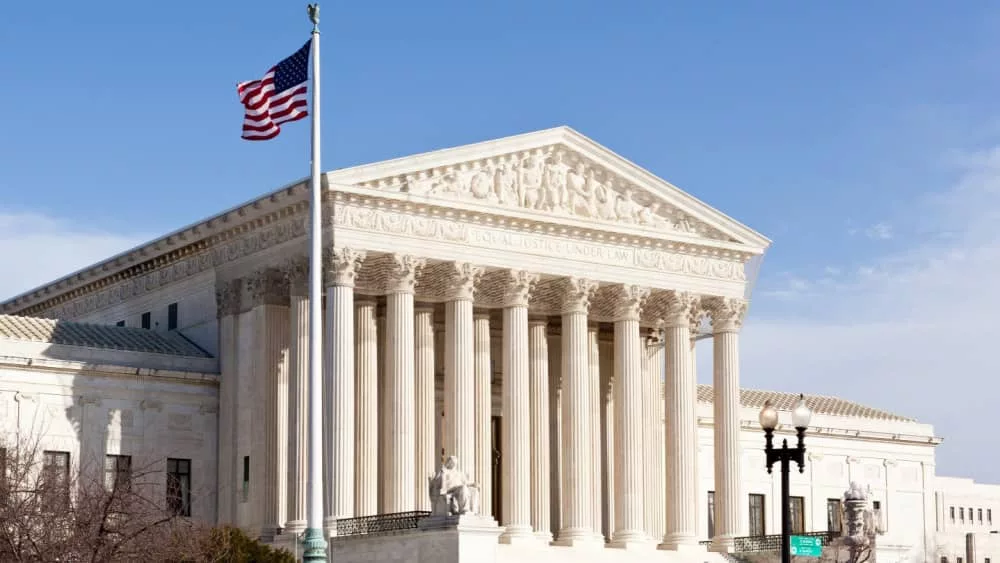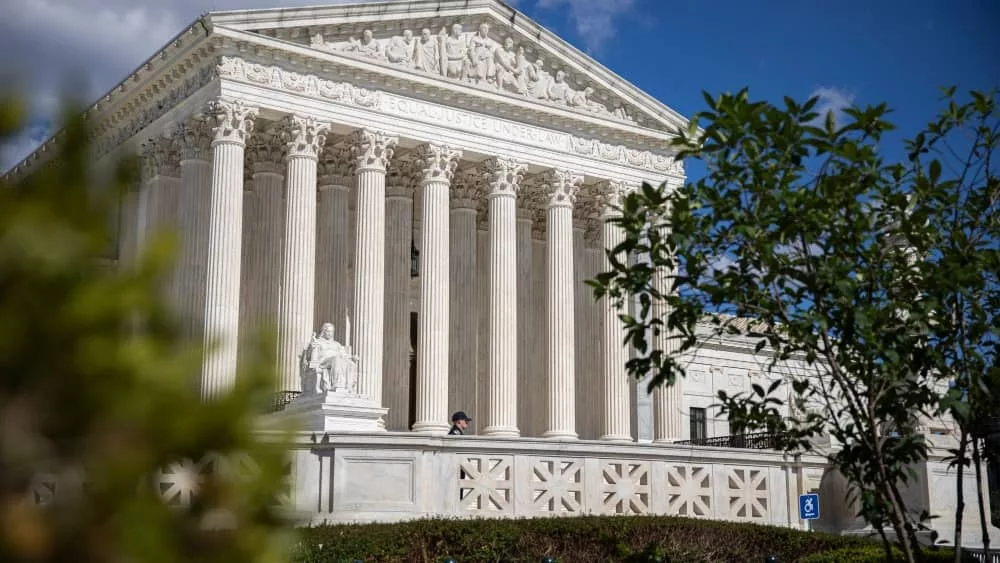
On Monday, the Supreme Court issued a code of conduct signed by all nine justices which lays out formal rules, this coming after months of intense scrutiny of the court’s ethics practices.
The new code of conduct includes five canons that the justices should adhere to, including by upholding the “integrity and independence of the judiciary” and avoiding “impropriety and the appearance of impropriety in all activities.” In a statement announcing the new code, the justices said the document was intended to “set out succinctly and gather in one place the ethics rules and principles that guide the conduct of the members of the court,” acknowledging that the lack of a formal code of ethics has created a “misunderstanding that the justices of this court, unlike all other jurists in this country, regard themselves as unrestricted by any ethics rules … To dispel this misunderstanding, we are issuing this code, which largely represents a codification of principles that we have long regarded as governing our conduct.”
The code of conduct lists circumstances in which a justice should disqualify him or herself in a proceeding, namely when their impartiality “might reasonably be questioned, that is, where an unbiased and reasonable person who is aware of all relevant circumstances would doubt that the Justice could fairly discharge his or her duties.” It also states that while a justice may engage in activities outside of the court, they should refrain from those “that detract from the dignity of the justice’s office, interfere with the performance of the justice’s official duties, reflect adversely on the justice’s impartiality, lead to frequent disqualification, or violate” specified limitations.
Editorial credit: Steve Heap / Shutterstock.com







